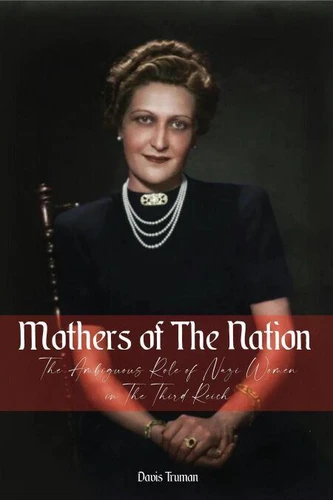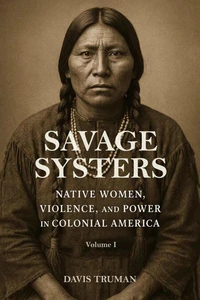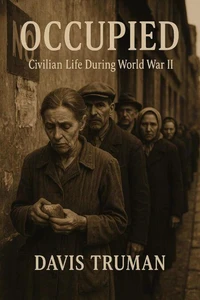Mothers of The Nation The Ambiguous Role of Nazi Women in The Third Reich
Par :Formats :
Disponible dans votre compte client Decitre ou Furet du Nord dès validation de votre commande. Le format ePub est :
- Compatible avec une lecture sur My Vivlio (smartphone, tablette, ordinateur)
- Compatible avec une lecture sur liseuses Vivlio
- Pour les liseuses autres que Vivlio, vous devez utiliser le logiciel Adobe Digital Edition. Non compatible avec la lecture sur les liseuses Kindle, Remarkable et Sony
 , qui est-ce ?
, qui est-ce ?Notre partenaire de plateforme de lecture numérique où vous retrouverez l'ensemble de vos ebooks gratuitement
Pour en savoir plus sur nos ebooks, consultez notre aide en ligne ici
- FormatePub
- ISBN8215100585
- EAN9798215100585
- Date de parution19/02/2023
- Protection num.pas de protection
- Infos supplémentairesepub
- ÉditeurWMG Publishing
Résumé
The Third Reich, which lasted from 1933 to 1945, was a period of extreme political and social upheaval in Germany. The Nazi regime, under the leadership of Adolf Hitler, implemented a range of policies aimed at creating a totalitarian state and achieving their vision of a "pure" Aryan race. During this time, women in Germany experienced significant changes in their social and political status. The Nazi regime held a traditional view of women, emphasizing their role as wives, mothers, and homemakers.
Women were expected to support the men in their lives and maintain a pure Aryan bloodline through marriage and childbirth. However, as the war progressed, women's roles in German society began to shift, and many women took on essential roles in the war effort. Despite these changes, women faced many challenges during the Third Reich, and their experiences offered insight into the complex nature of life in Nazi Germany.
Women were expected to support the men in their lives and maintain a pure Aryan bloodline through marriage and childbirth. However, as the war progressed, women's roles in German society began to shift, and many women took on essential roles in the war effort. Despite these changes, women faced many challenges during the Third Reich, and their experiences offered insight into the complex nature of life in Nazi Germany.
The Third Reich, which lasted from 1933 to 1945, was a period of extreme political and social upheaval in Germany. The Nazi regime, under the leadership of Adolf Hitler, implemented a range of policies aimed at creating a totalitarian state and achieving their vision of a "pure" Aryan race. During this time, women in Germany experienced significant changes in their social and political status. The Nazi regime held a traditional view of women, emphasizing their role as wives, mothers, and homemakers.
Women were expected to support the men in their lives and maintain a pure Aryan bloodline through marriage and childbirth. However, as the war progressed, women's roles in German society began to shift, and many women took on essential roles in the war effort. Despite these changes, women faced many challenges during the Third Reich, and their experiences offered insight into the complex nature of life in Nazi Germany.
Women were expected to support the men in their lives and maintain a pure Aryan bloodline through marriage and childbirth. However, as the war progressed, women's roles in German society began to shift, and many women took on essential roles in the war effort. Despite these changes, women faced many challenges during the Third Reich, and their experiences offered insight into the complex nature of life in Nazi Germany.























